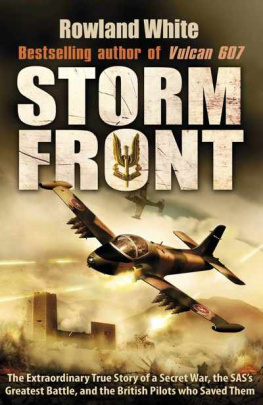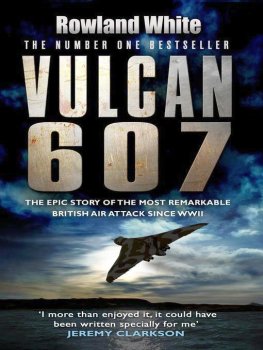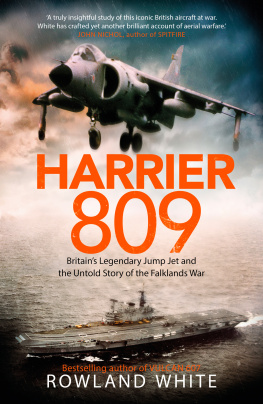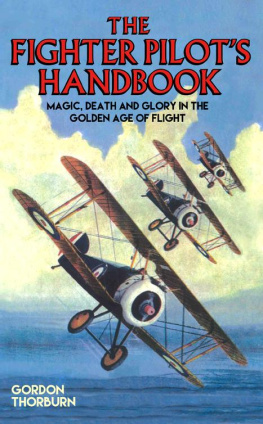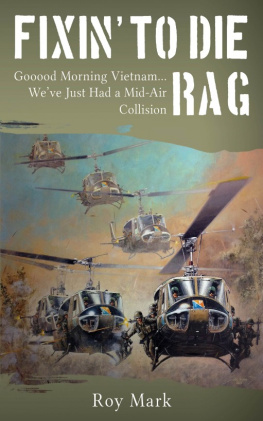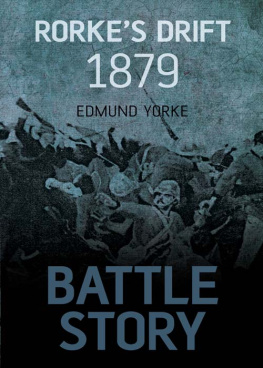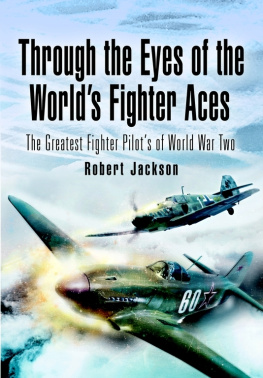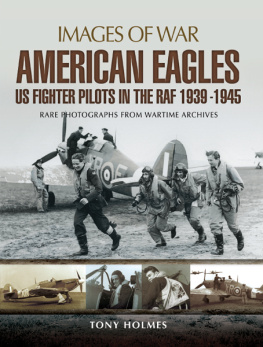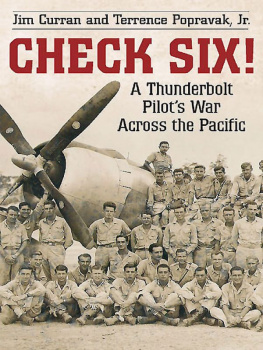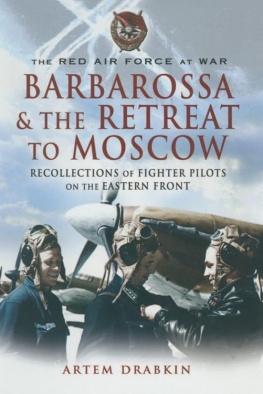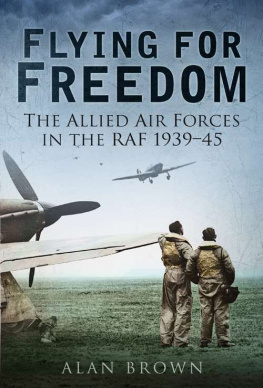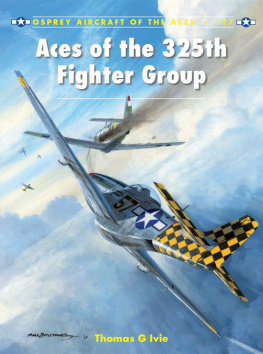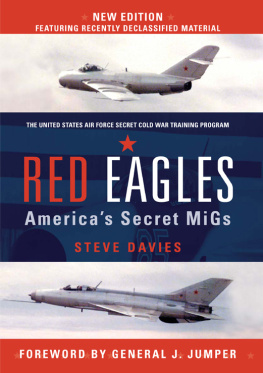About the Book
In early 1970, the Commanding Officer of 22 SAS flew into the strategically critical Sultanate of Oman on a covert intelligence mission. A Communist rebellion in the south threatened not only the stability of the Arabian Peninsula but more importantly the vital oil routes through the Persian Gulf.
Within six months, the Regiment arrived in theatre to lead a fierce, secret war against the rebels.
From a remote RAF airbase in the desert, an elite band of British pilots, flying difficult, dangerous missions in Strikemaster jets and Vietnam-era Huey helicopters, were scrambled alongside them.
For the British soldiers and airmen, it was to be no easy victory. The enemy were well supplied with weaponry and training from China and the Soviet Union, and despite confronting the largest assault force ever deployed by the SAS, many months later the rebels were still fighting back.
At dawn on 19 July, 1972, a force of nearly 300 heavily armed, well-trained guerillas attacked the little fishing port of Mirbat without warning. Between them and glory stood a team of just nine SAS men, and the skill of the British fighter pilots. The scene was set for an epic encounter; a modern-day Rorkes Drift. Their heroism would become SAS legend.
Drawing on extensive interviews with participants from the SAS, the RAF and the Sultans Armed Forces, most of whom have never spoken about their involvement before, as well as previously classified documents from both the UK and Oman, Storm Front weaves an unputdownable tale of intrigue, action, daring and astonishing bravery in the face of overwhelming odds.
Contents
STORM FRONT
Rowland White
For Rory, Jemima and Lexi
Authors Note
As with my first two books, Vulcan 607 and Phoenix Squadron, Storm Front represents, to the best of my knowledge, a true and accurate account of events that took place in Oman in the first years of the 1970s. There have been a handful of personal accounts of the war in Oman and one notable academic study in John Petersons Omans Insurgencies but such was the secrecy surrounding the war that it remains little known or understood beyond a relatively small circle. That is beginning to change. And I hope that this book accelerates the process. They were extraordinary events and, whatever happens to Oman and Sultan Qaboos as a result of the democratic change sweeping across the Middle East, his success in the Dhofar war, supported by the British, was unarguably a good thing for the country. The veterans of the campaign remain justifiably proud of what they achieved and it was a pleasure to listen to them talk about it.
Inevitably, over forty years, memories fade though, and in interviewing so many people for the book I have, as before, been presented with sometimes contradictory accounts. On the occasions when this has happened, Ive done my best to establish a consensus and check against contemporary documents. Ive drawn on a wide variety of sources and this is reflected in the dialogue in the book. Where it appears in quotation marks its either what Ive been told was said, or what has been reported in previous accounts or records, published and unpublished . Where speech is in italics often the call and response checks that accompany any military flying it represents genuine dialogue that has been taken from another source to add richness to a scene. I hope it can be argued, with a degree of certainty, that its what would have been said. Finally, where internal thoughts are included in italics, they are an accurate record of what participants told either me or others that they were thinking at the time.
R.W.
Nant-y-Feinen
March 2011
Acknowledgements
As ever, there are large numbers of people without whom the book simply couldnt have been attempted, let alone finished. From the outset there have been a handful of key supporters who have helped make introductions and open doors. Any attempt to write about the SAS means inevitable disappointment along the way, so Im hugely grateful to those who have helped me tell the story. Chief amongst them must be Sekonaia Takavesi, whom Ive been privileged to meet and spend time with. Of all those who fought at Mirbat, only Tak is still able to provide a first-hand account of the fight from the forward gunpit position. Talaiasi Labalaba was killed during the battle; Tommy Tobin died of his injuries; and the Troop Commander, Mike Kealy, was to die of exposure during training in the Brecon Beacons in 1979. Without Taks generous support of this project it would have hardly been possible to pursue. Special mention, too, of Taks wife Jacqui for her help, encouragement and hospitality.
Similarly willing to help was Major General Tony Jeapes, author of the excellent SAS: Secret War and ex-CO of 22 SAS Regiment. Tony was kind enough to contact a number of his contemporaries on my behalf, including John Russell, who shared his memories of Johnny Watts and Operation JAGUAR with me.
Still with the SAS, particular thanks must go to Shaun Brogan , who recalled his time in Oman in vivid detail. His enthusiasm for his subject was infectious and the book hugely richer for his contribution.
There are a handful of other Regiment veterans who spoke to me who have asked to remain anonymous. They know who they are and Im grateful to them.
One whom I did not meet, nor talk to, was Alastair Morrison, ex-2ic of 22 SAS. While feeling that current MoD rules prevented him from helping more directly, he did kindly provide me with permission to listen to an interview he gave to Charles Allen in 1990, now archived at the Imperial War Museum.
Charles, too, helped the cause by generously sharing the transcript of his long and fascinating interview with the ex-CO of 22 SAS and Director SAS, Johnny Watts. Again, it was invaluable.
The war in Dhofar was not, however, fought and won by the SAS alone. Far from it. While in Oman they were attached to the Sultans Armed Forces (SAF) and under the Operational Command of the Sultans military commander. Throughout the period I focus on in Storm Front, that man was John Graham, whom, again, I felt privileged to speak to. His time, hospitality and willingness to share his memories of some extraordinary times in Oman have helped underpin the book.
Other important SAF veterans have been similarly supportive. The ex-Desert Regiment CO, Nigel Knocker, still a lynchpin of the very active SAF Association, provided a fascinating insight into Operation SIMBA. So too did Graeme Smyth-Pigott of the Northern Frontier Regiment, along with his recollections of Mirbat, when he had responsibility for the SAF standby force. Bryan Ray and Ewen Southby-Tailyour, too, were helpful. In mentioning the SAF Association, I should also just nod to the membership secretary, Neil Fawcett, and Richard Owens of the Anglo-Omani Association, both of whom helped put me in touch with people I was trying to track down. One other SAF Association stalwart and historian I should thank is Colin Richardson, who has been patient and helpful in answering my questions.
Following Vulcan 607 and Phoenix Squadron, my route to Storm Front began with aviation, and the largely British-manned Sultan of Omans Air Force. With around half its aircrew seconded from the RAF (and many of the rest under contract to SOAF after leaving the RAF, Fleet Air Arm, Army Air Corps or 3 Commando Brigade Air Squadron Royal Marines), it was, in the early seventies, the only place that RAF fast-jet pilots were flying on operations. SOAF veterans were unfailingly enthusiastic about sharing their memories of flying for the Sultans little Air Force, from RAF Salalah in Dhofar. The first of these was the ex-Commander of SOAF, Curly Hirst. After Curly had provided a fascinating introduction to the air war, he then put me in touch with Neville Baker, who raised SOAFs first helicopter squadron. Nevilles career is an extraordinary one that provided all the surprises and variety which draw me to stories like this. From Nevilles squadron, I was lucky to meet Nick Holbrook, gunner turned pilot, whose vivid memories of Oman were as entertaining as they were useful, and Charlie Gilchrist, accordion-player and Nevilles co-pilot at Mirbat.

